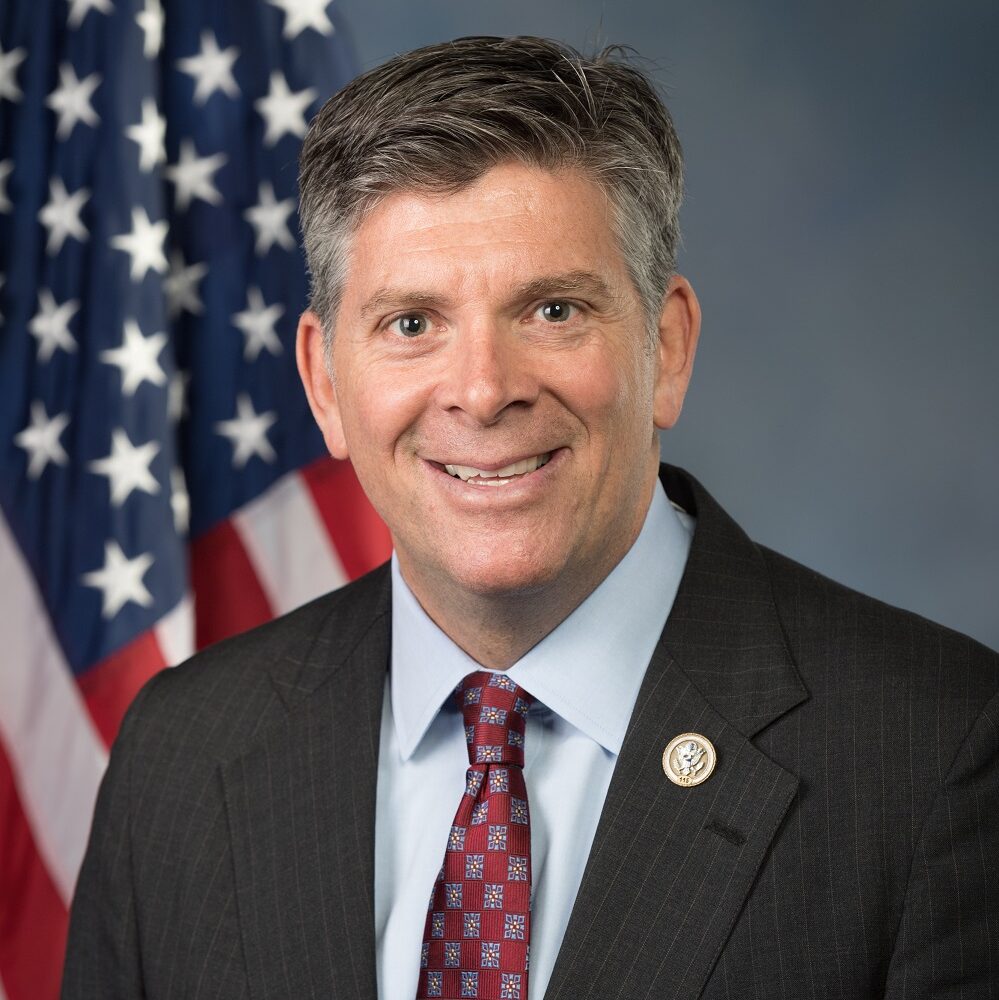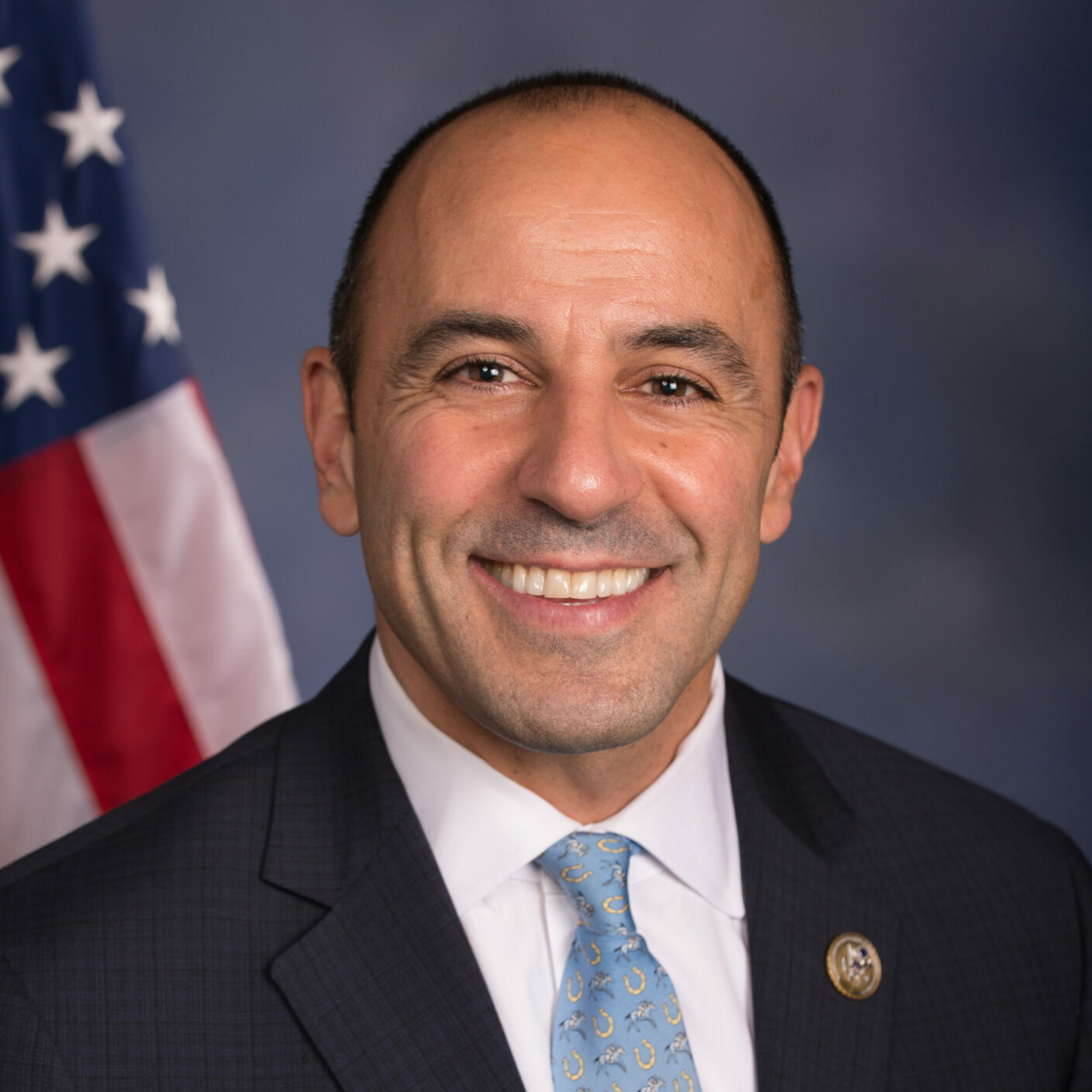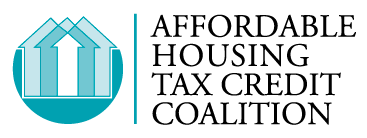would be supported
Affordable Housing Credit Improvement Act
(AHCIA) of 2023

3 million jobs
$332 billion
in wages and business income be provided
$115 billion
in tax revenue would be generated
Broadly-Supported, Bipartisan Legislation
The bipartisan Affordable Housing Credit Improvement Act (AHCIA, S. 1557/H.R. 3238) is comprehensive legislation to expand and strengthen the Low-Income Housing Tax Credit (Housing Credit), our nation’s primary tool for financing affordable rental housing in rural, suburban, and urban communities alike. A successful public-private partnership, the Housing Credit has financed 3.8 million affordable homes since 1986, serving 8 million low-income households, including families, veterans, seniors, people with disabilities, and people who were formerly homeless, and the AHCIA would produce or preserve nearly 2 million additional affordable homes over the next 10 years.
Since it was first introduced in 2016, the AHCIA has gained strong, bipartisan support. The AHCIA of 2023 had 66 original co-sponsors in the House, including 34 Republicans and 22 Democrats, and over two-thirds of the House Ways and Means Committee with jurisdiction over the Housing Credit. In the 117th Congress, the AHCIA was co-sponsored by nearly half of the House of Representatives and Senate.
Lead Sponsors of AHCIA of 2023
The Senate AHCIA of 2023 is led by Senators Maria Cantwell (D-WA), Todd Young (R-IN), Ron Wyden (D-OR), and Marsha Blackburn (R-TN).




The House AHCIA of 2023 is led by Representatives Darin LaHood (R-IL), Suzan DelBene (D-WA), Brad Wenstrup (R-OH), Don Beyer (D-VA), Claudia Tenney (R-NY), and Jimmy Panetta (D-CA), along with over 60 original bipartisan co-sponsors.






Legislation to Strengthen What’s Working
Through successful public-private partnerships, the Housing Credit offers a proven track record of financing over 3.7 million safe, decent, affordable homes in rural, suburban, and urban areas, serving 8 million households since 1986. Residents are essential workers, veterans, seniors, people with disabilities, and low-wage workers with a national median income less than $18,000. If forced to pay market-rate rents, many would be just one unforeseen event away from being unable to pay rent and potentially losing housing.
The AHCIA of 2023 builds on prior versions of the AHCIA that have earned widespread bipartisan support since first introduced in 2016. Several key pieces of this legislation have been enacted, including a temporary 12.5 percent Housing Credit allocation increase and a flexibility known as income averaging in 2018, a minimum 4 percent Housing Credit rate in 2020, and a provision that would make the Housing Credit more compatible with energy and solar tax credits in 2022. However, the key provisions that would have the greatest impact on affordable housing production are still in need of enactment.
The AHCIA includes provisions to:
Increase affordable housing production and preservation
- Restore the 12.5 percent cut to the Housing Credit allocation and further increase the annual Housing Credit allocation by 50 percent over current levels, phased in over 2 years
- Expand access to Housing Credits and more efficiently use Private Activity Bond financing by reducing the bond-financing threshold from 50 percent to 25 percent
Better serve hard-to-reach areas and populations
- Make more developments serving extremely low-income and formerly homeless tenants financially feasible
- Support Housing Credit developments for veterans
- Encourage developments in rural and Native American communities
- Facilitate the revitalization of higher-poverty communities and the development of more properties in high-opportunity areas
Remove barriers to affordable housing preservation
- Facilitate safe tenant relocation during the rehabilitation of Housing Credit properties
- Ensure properties are given enough time to rebuild after a casualty loss
- Allow flexibility for existing tenants’ income recertifications when refinancing properties
Streamline program rules and promote efficiency
- Prohibit local approval requirements that can prevent developments from moving forward due to Not in My Backyard (NIMBY) opposition
- Clarify that states can determine the definition of a community revitalization plan
- Better align Housing Credit rules with the Violence Against Women Act
- Ensure that rules designed to prevent college students from living in Housing Credit properties do not unfairly penalize residents seeking to further their education
- Add cost reasonableness as a Qualified Allocation Plan selection criteria
The AHCIA includes additional provisions that would further strengthen the Housing Credit. For more information, read the details of the AHCIA of 2023 and the differences between the AHCIA of 2021 and 2023.

